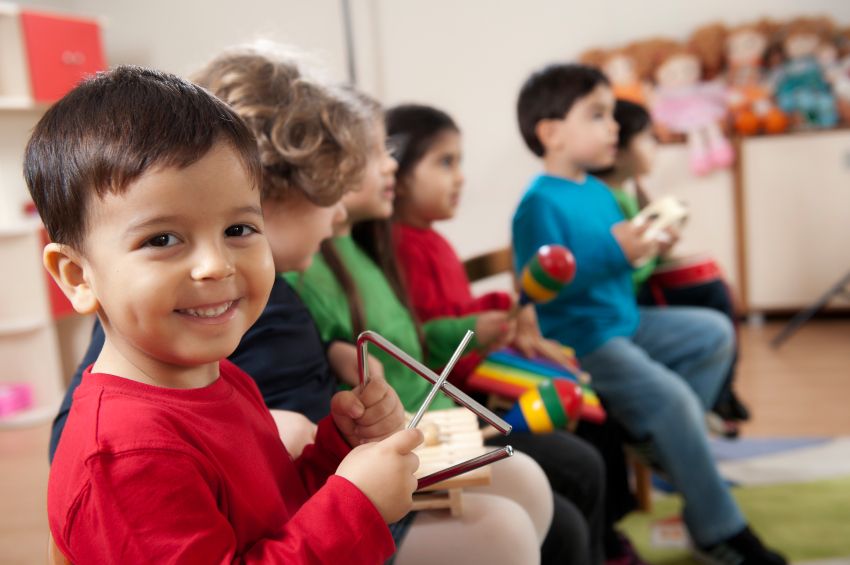From the moment we go out into the world, we begin to learn. And it is in the early years that our brain has a broader potential for learning, so taking advantage of it is vital. Everything that the brain of a child up to 6 or 7 years of age manages to learn will forever mark his way of facing the world. Children’s songs are one of the best tools we can use to train those little minds.
In fact, some studies have found that even in the womb a baby begins to react to stimuli produced by music. It is a simple resource, because any type of theme can be included in children’s songs , and thanks to the rhythm and melody, values and customs are fixed in the mind. Even some orders become much more bearable if they are given in a song.
Benefits of children’s songs when learning
Music improves memory. This translates into easier learning to speak, read and even learn a new language. It’s also a great vehicle for teaching the seasons, months, days of the week, or numbers. All of these topics and many others can enter children’s song lyrics.
The musical rhythm accesses sectors of the brain that words or images do not activate by themselves. Hence, in the teaching processes of early ages it is so important to use music to train and enhance the development of intelligence. 
(adsbygoogle = window.adsbygoogle || []).push({});
Some examples of learning with songs for children
These are some of the fields in which nursery rhymes help directly:
- Habits Through music, hygiene guidelines can be taught (bathing, brushing teeth, etc.), dressing, establishing personal relationships and values such as responsibility, always telling the truth or asking for help when the child has a problem of some kind.
- Letters and numbers . This is probably the biggest example of how children’s songs work in the mind. Even as adults, if we were taught the letters or numbers through music, we still remember the melody and the sequence that we learned. In addition, as it is a playful way of learning, children do it almost automatically.
- Reading comprehension . Not only the learning of letters and numbers is strengthened, but also the understanding of them. Children who are taught to identify letters with songs recognize them faster and learn what their sound is earlier. In this way, even before they can read, they begin to become familiar with the shape of the letters, which later favors the pronunciation or the meaning of the words.
- Improved concentration . Music helps to concentrate much better, especially for those children who have difficulties in this field. Soft sounds make it easier for you to calm down and better focus on the activities you are doing at the time.
There are many other examples that demonstrate the benefits of nursery rhymes . Those who learn with music can develop a greater degree of creativity, or even acquire facilities for learning a new language. It is the responsibility of educators and parents to take advantage of this important resource from the first months of life.











































































































